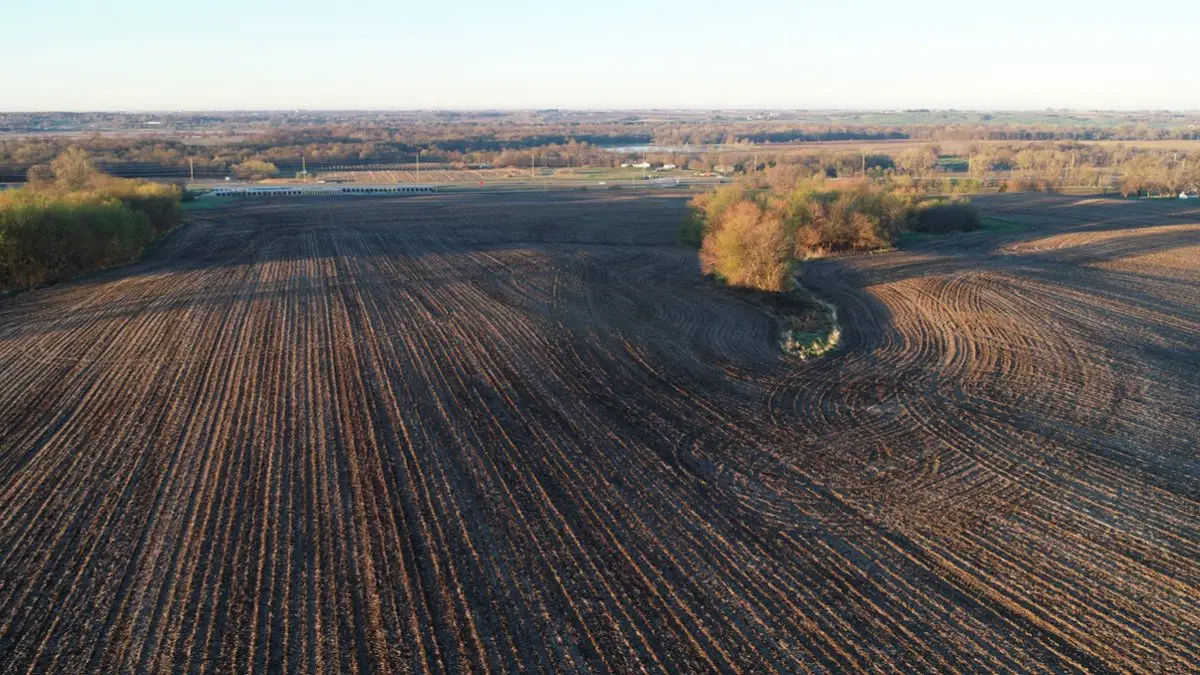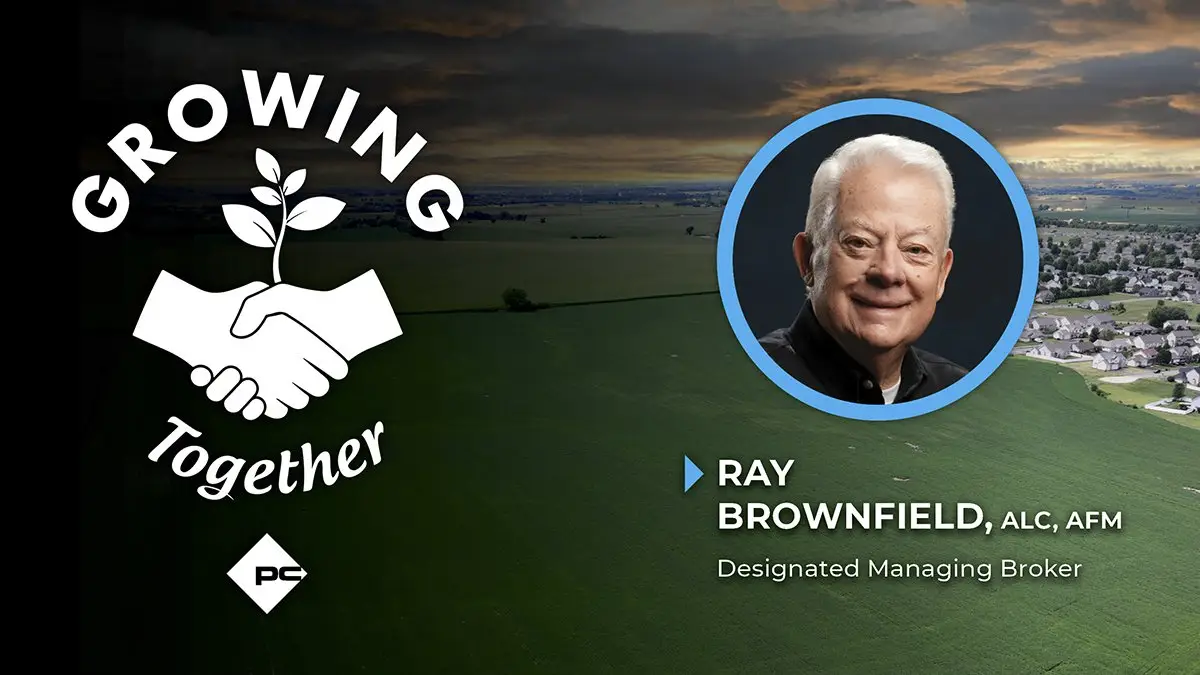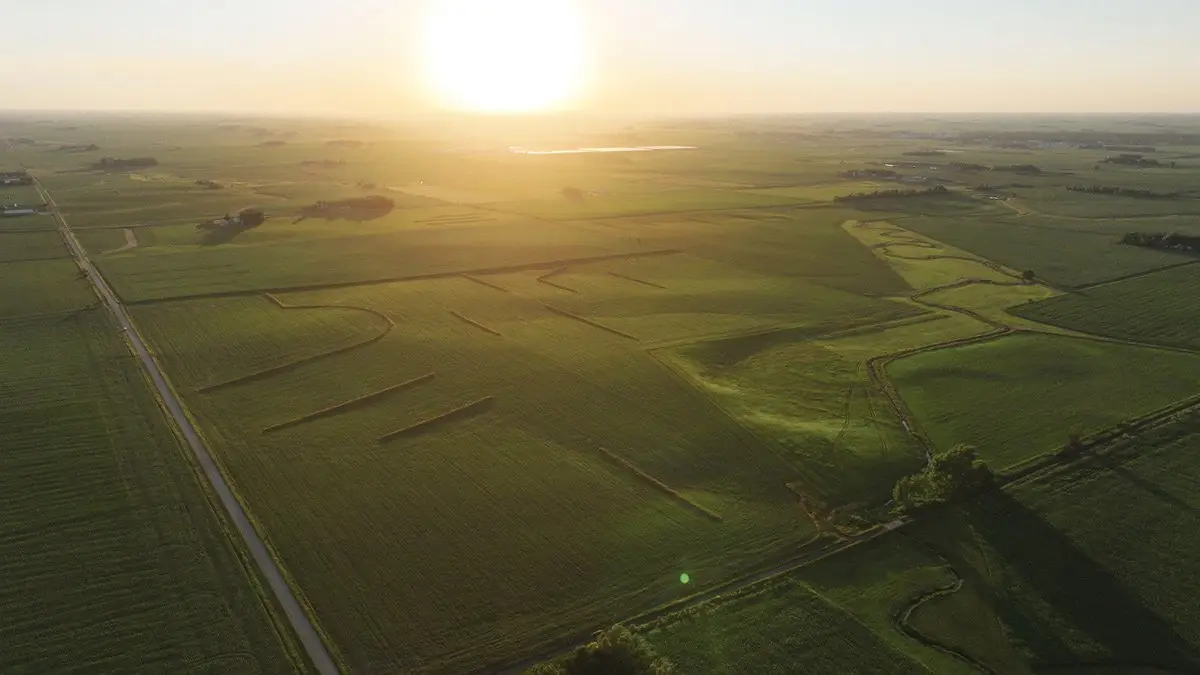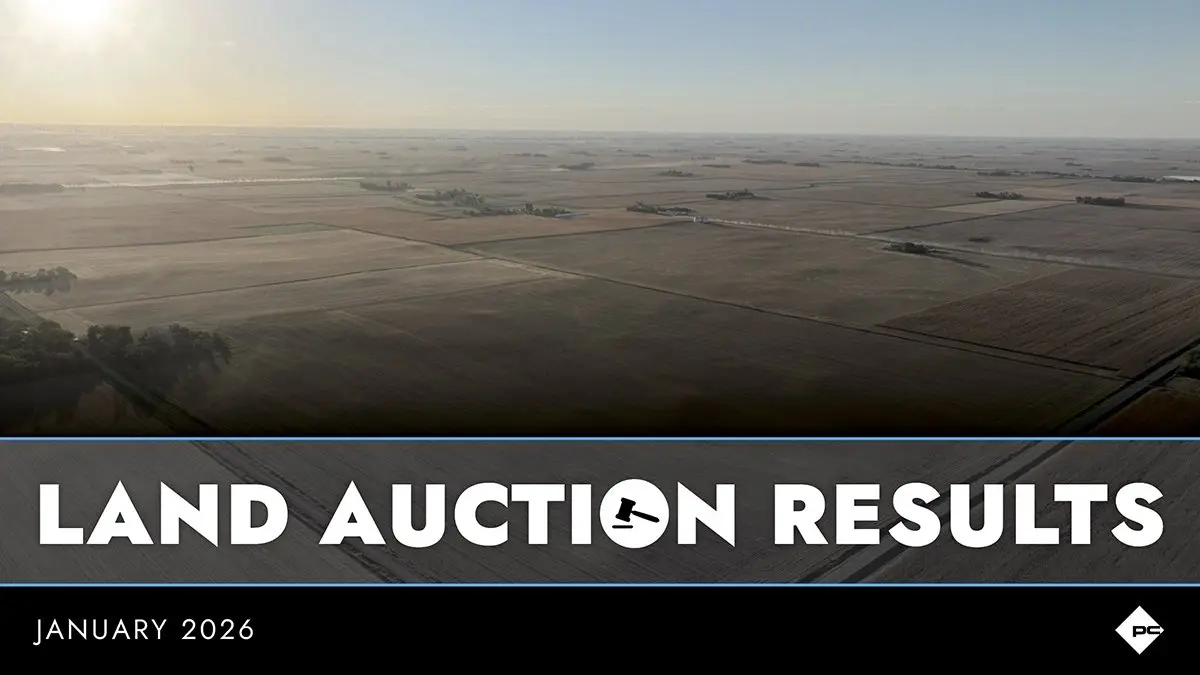Finding opportunities to maximize production on each farm while also protecting valuable natural resources is the core business of Peoples Company’s Land Management Team. What makes our work especially rewarding and challenging is that there is no simple solution to guarantee success. Even when a landowner and tenant farmer both want what is best for the farm, they may not see eye to eye on how to get there.
In farm planning discussions, Land Managers may use – and hear - phrases like:
Finding the best compromise.
Striking the right balance.
Letting perfect not get in the way of good.
Reaching optimal middle ground.
Working in full transparency.
A sustainable approach – both economic and agronomic – may require a broader perspective and practice changes for both parties. Here’s how Peoples Company approaches the work:
For landowners, we should consider:
1. Long-term Appreciation vs. Annual Return
Farmland has two return components: short-term cash yield and long-term appreciation. Historically, the agriculture industry tends to focus attention on annual rent income over practices that improve long-term productivity. A “Top Yield at All Costs” mentality to push top rent.
Practices like reduced tillage, extending crop rotation, nutrient management, cover crops, or rotational grazing can lead to healthier soils and improved biodiversity over time. The trade-off may be a short-term drop in crop yields or grazing capacity as we find new rhythms with the practice change. More flexible lease terms in transition years ensures we are balancing competitive rent while also setting up the farm for future return.
Building historical data is also valuable in a long-term approach. Peoples Company collects annual reporting data to track yields, identify trends, and improve decision making. This creates a more informed and productive partnership between the landowner and the farmer.
2. Land Stewardship and Leaving a Legacy
Many of the landowners we work with are committed to leaving their land in better condition than they found it, often with the goal of preserving it for future generations. Implementing practices that improve soil health, water management, and local ecosystems might temporarily affect land use for production, which can impact short-term returns. However, it’s crucial to plan and set up land use practices today that will ensure the entire farm remains productive and resilient in the long term.
3. Collaboration and Transparency
Landowners and tenant farmers often have different timelines when it comes to the farm. Landowners might be interested in securing long-term soil health, while tenants may be more focused from one year to the next in an annual lease arrangement. (This is perfectly reasonable approach when working year-to-year!) We can extend our collective planning horizon by communicating clear goals and finding common ground. Consensus building takes time and energy to build trust, which may slow down present decision-making but often leads to better results for both parties in the long run.
Peoples Company values working with landowners and farmers who prioritize open communication and building strong partnerships. Brantley Dows, Peoples Company’s 2024 Farmer of the Year, is a great example of collaboration and transparency. You can watch his video HERE.
For tenant farmers, we should consider:
1. Discuss Production Schedules
Farmers typically operate within an annual production cycle that relies on consistent field conditions and timely labor to complete tasks. Implementing a new soil health practice may require additional management within already tight windows of time.
While farmers may be open to adopting new practices, they often have concerns about equipment and labor logistics. For example, a farmer may be interested in experimenting with different cover crop termination dates but worries about getting caught in a wet spring with limited windows for spraying and planting.
Open communication about equipment and labor availability helps identify the farmer’s willingness and creates an opportunity to brainstorm solutions that align better with their existing management cycle.
2. Farm Lease Tenure
Farmers may be cautious to adopt new practices that require upfront investments in equipment upgrades. Those expenses are harder to justify when the financial returns are spread out over many years in the future. This decision-making process often involves considering factors such as the farmer’s expected tenure, current financial stability, and the long-term goals of both the landowner and the farmer. Open dialogue and clear planning can help align short-term needs with long-term benefits, ensuring that the land's value is maintained and enhanced for future generations.
3. Communication and Engagement
Many of the landowners we work with are looking for a genuine partnership with their tenant farmers. Through annual production reporting, farm visits, and open owner/tenant conversations, they want to understand both the successes and challenges on their land. Building long-term farm resilience will likely require moving away from some traditional farming methods. Landowners are seeking clear communication to better grasp what’s involved in adopting new techniques or modifying equipment to improve soil health and sustainability. Farmers who share information openly will find owners more willing to adapt and support changes in lease terms and management plans.
Complex situations with multiple factors and stakeholders will unlikely find a single, simple solution, and there will most likely be a set of trade-offs to navigate. Peoples Company Land Managers are well equipped to assist with the balancing act between landowners and farmers when integrating soil health practices. Our growing network of expertise and Land Managers across the country ensure we bring innovative, fresh perspective to each farm. Landowners interested in learning more about Peoples Company management services are encouraged to visit PeoplesCompany.com or email LandManagement@PeoplesCompany.com.







